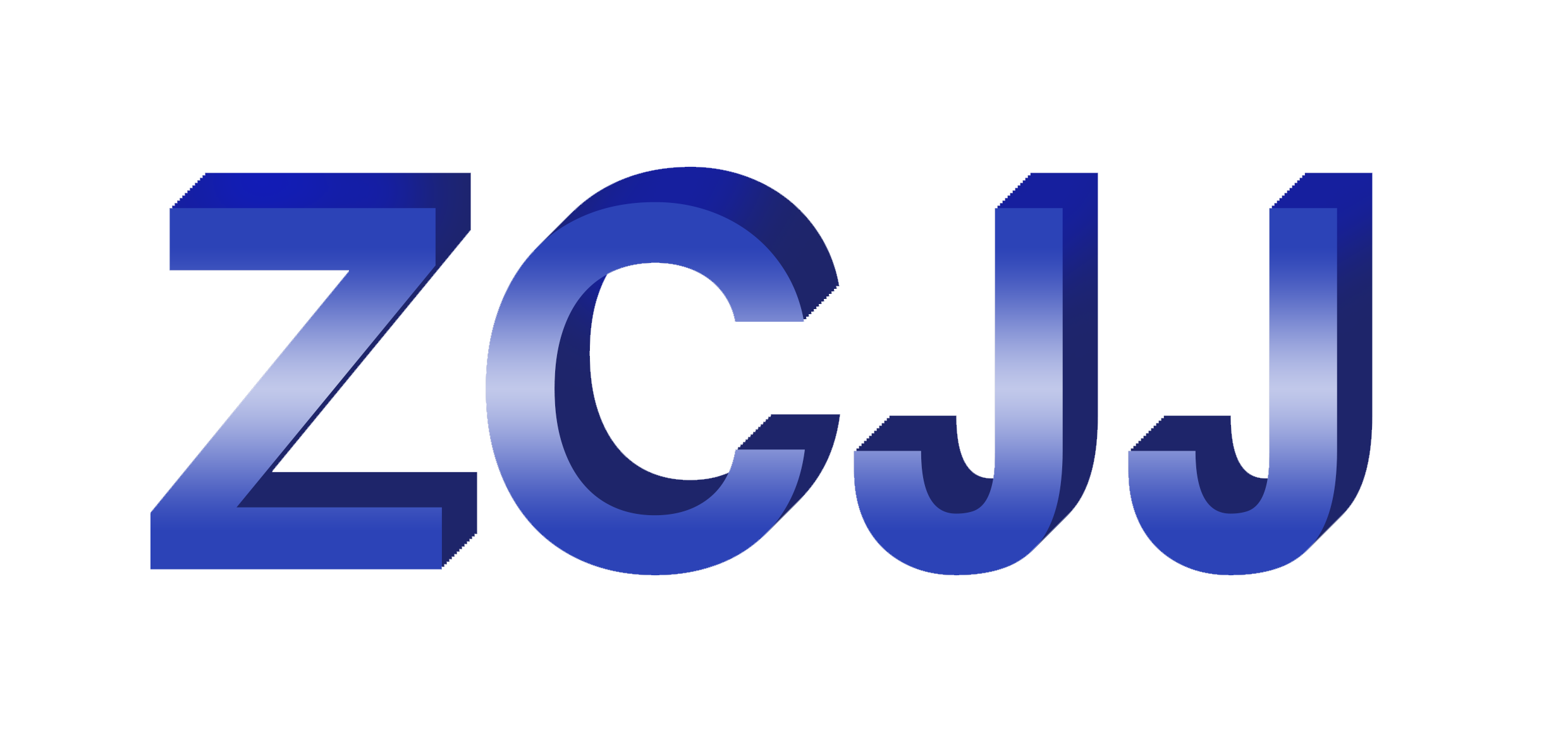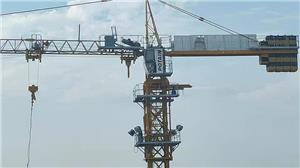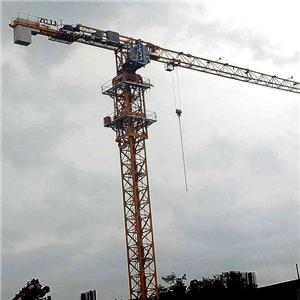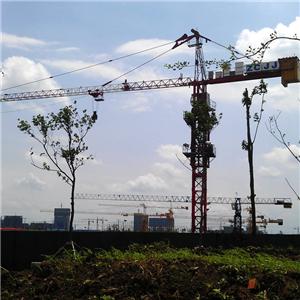Functions and installation procedures of the balance
The balance arm of tower crane is one of the important components of tower crane. The role of the balance arm is mainly to provide the reverse torque for the lifting boom, so as to ensure the balance of the body in the lifting process.
In most cases, the tower crane balance arm for beams and angles of compound structure, two sections, plate pin shaft connected with the ear, balance of tower crane arm with railings and corridor, set up work platform, tail tower crane balance arm with two specially made at the end of the pin shaft connected to the rotating tower。
the other end of the combination of the rigid rod with cap towers are linked together, the tail with a balance weight and lifting mechanism, the lifting mechanism itself has its own base, with four pin shaft balance on the balance of tower crane arm, the weight of the balance weight changes with the arm length change.
In the process of installing the balance arm of tower crane, the first two balance arms should be assembled on the ground, lifting mechanism, electric control box, resistance precision. The balance arm pull rod is installed on the balance arm and should be well connected. The slewing mechanism is connected with the temporary power supply, and the above part of the slewing support is slewing to the position that is convenient for installing the balance arm.
Then, the tower crane construction personnel should lift the balance arm (the balance arm is equipped with 4 mounting lugs), and use the pin shaft to fix and connect the balance arm with the rotary tower body.
Gradually lift the balance arm to the appropriate position, so that the balance arm on the pull rod and the balance pipe on the top of the tower pull rod pin wheel connection, through the pin shaft and open cotter pin. Finally, slowly lower the balance arm, then lift the balance weight installed in the balance arm after the largest position nearest the top of the tower.
A simple circuit to prevent the tower from hoisting the slip hook
The blank slip hook is a very dangerous thing for the tower crane, especially when it changes from high speed to low speed in the process of descent. Once there is a slip hook, the consequences are unimaginable. The light one breaks through the floor and destroys the equipment. Injured construction personnel.
Why would a slider be created? The reason for this is that there is a long period of blank gear during the shift(such as the long gap in the linkage station, the damage of the contactor coil, and the delay delay of the delay head aging, etc.). In the control circuit of the multi-speed motor, in order to prevent the short-circuit from appearing in the shift process, an empty block of about 0.1 seconds must also be designed, otherwise it will cause the circuit breaker to break or the contactor to burn. In order to solve this contradiction,
In the control loop of the lifting mechanism braking motor, the contactors of each gear position are often connected in series. Once the contactor of a gear position does not suck, the lifting mechanism will brake and stop working.
We have such doubts: this circuit in each shift process, braking electricity will be short of power and brake once, that brake motor and lifting mechanism damage?
We believe that as long as the idle time is within the appropriate range, it will not cause damage to the braking motor and lifting mechanism. Because the braking mechanism has a braking distance, the braking motor will hold the brake when the power is cut off by about 0.5 seconds.
If the idle time is controlled below 0.2 seconds, the braking motor will only move and will not brake, only when the idle time exceeds 0.5 seconds. When, The brakes will really work, and there will be concerns. Anyway, what does a gap of more than half a second mean? That means a big security risk! Even if the brakes cause damage to the lifting mechanism at this time, that is the only option to lose the car.




